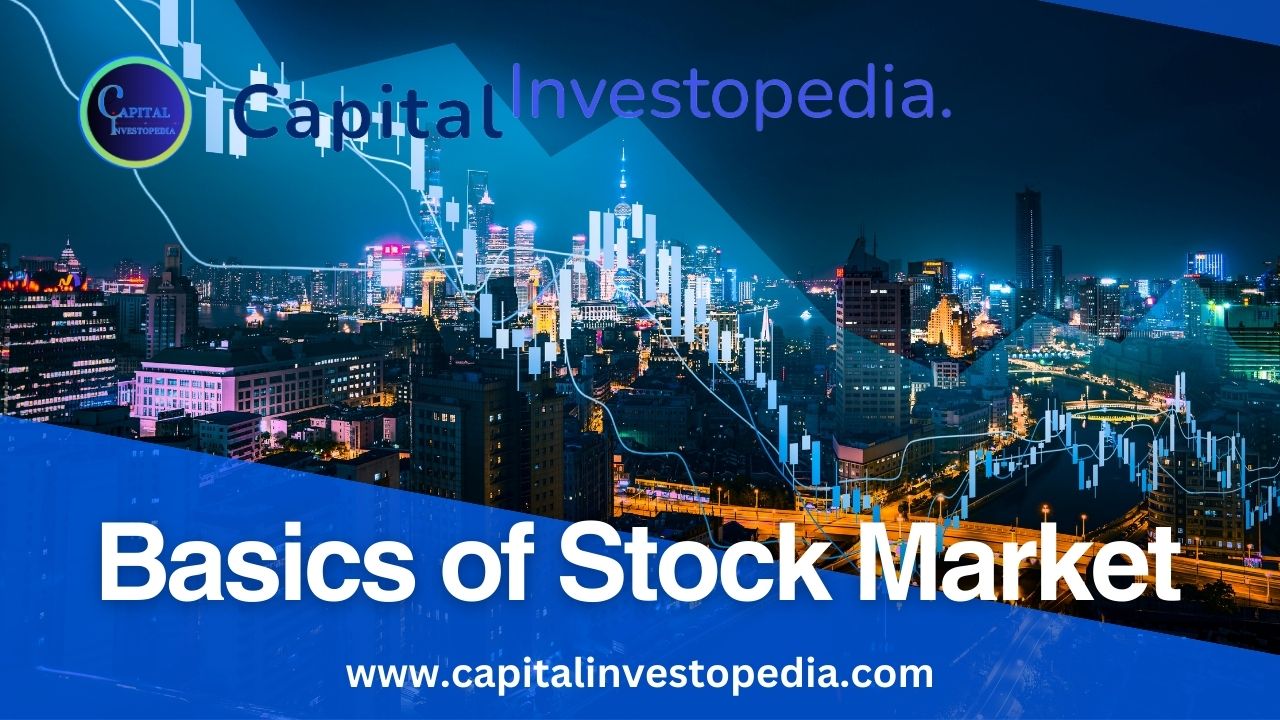A stock market, equity market, or share market is the aggregation of buyers and sellers of stocks (also called shares), which represent ownership claims on businesses; these may include securities listed on a public stock exchange as well as stock that is only traded privately, such as shares of private companies that are sold to investors through equity crowdfunding platforms. Investments are usually made with an investment strategy in mind.
Currently, India’s market capitalization (mcap) stands at $4.5 trillion, placing it in the fifth spot globally after the US, China, Japan, and Hong Kong
The total market capitalization of all publicly traded stocks worldwide rose from US$2.5 trillion in 1980 to US$93.7 trillion at the end of 2020.
A stock exchange, securities exchange, or bourse is an exchange where stockbrokers and traders can buy and sell securities, such as shares of stock, bonds and other financial instruments. Stock exchanges may also provide facilities for the issue and redemption of such securities and instruments and capital events including the payment of income and dividends. Securities traded on a stock exchange include stock issued by listed companies, unit trusts, derivatives, pooled investment products and bonds. Stock exchanges often function as “continuous auction” markets with buyers and sellers consummating transactions via open outcry at a central location such as the floor of the exchange or by using an electronic trading platform.
List of Indian stock exchange may refer to one of the 7 official operating stock and commodity exchanges by SEBI or the numerous defunct ones.
Operating stock exchanges
- Bombay Stock Exchange (BSE) in Mumbai, founded in erstwhile Bombay, is the oldest and one of the two principal large stock exchanges in India. It has a market cap of $3.3 trillion.
- Calcutta Stock Exchange (CSE) in Kolkata, founded in 1863 in erstwhile Calcutta and later in its current form on 1908, is India’s one of the oldest stock exchange with a market cap of $720 million.
- India Commodity Exchange.
- Metropolitan Stock Exchange of India Ltd. (MSE) in Mumbai.
- National Stock Exchange of India (NSE) in Mumbai, one of the two principal large stock exchanges of India.With the Market cap of 3.27 trillion dollars.
- National Commodity & Derivatives Exchange Ltd. (NCDEX) in Mumbai.
- Multi Commodity Exchange of India Ltd. (MCX) in Mumbai.
- Ahmedabad Stock Exchange (closed in 2018)
- Delhi Stock Exchange (closed in 2017)
- Gauhati Stock Exchange (closed in 2015)
- Jaipur Stock Exchange (closed in 2015)
- Madhya Pradesh Stock Exchange (closed in 2015)
- Madras Stock Exchange (MSE) (closed in 2015)
- OTC Exchange of India (closed in 2015)
- Pune Stock Exchange (closed in 2015)
- UP Stock Exchange (closed in 2015)
- Vadodara Stock Exchange (closed in 2015)
- Bangalore Stock Exchange (closed in 2014)
- Cochin Stock Exchange, Kochi (trading stopped in 2005, closed in 2014)
- Inter-connected Stock Exchange of India (closed in 2014)
- Ludhiana Stock Exchange (closed in 2014)
- Bhubaneshwar Stock Exchange (closed in 2005)
- Coimbatore Stock Exchange (requested exiting trading in 2009)
- Hyderabad Stock Exchange (closed in 2007)
- Magadh Stock Exchange (closed in 2007)
- Mangalore Stock Exchange (closed in 2004)
- Raipur Stock Exchange (closed in 2018)








































